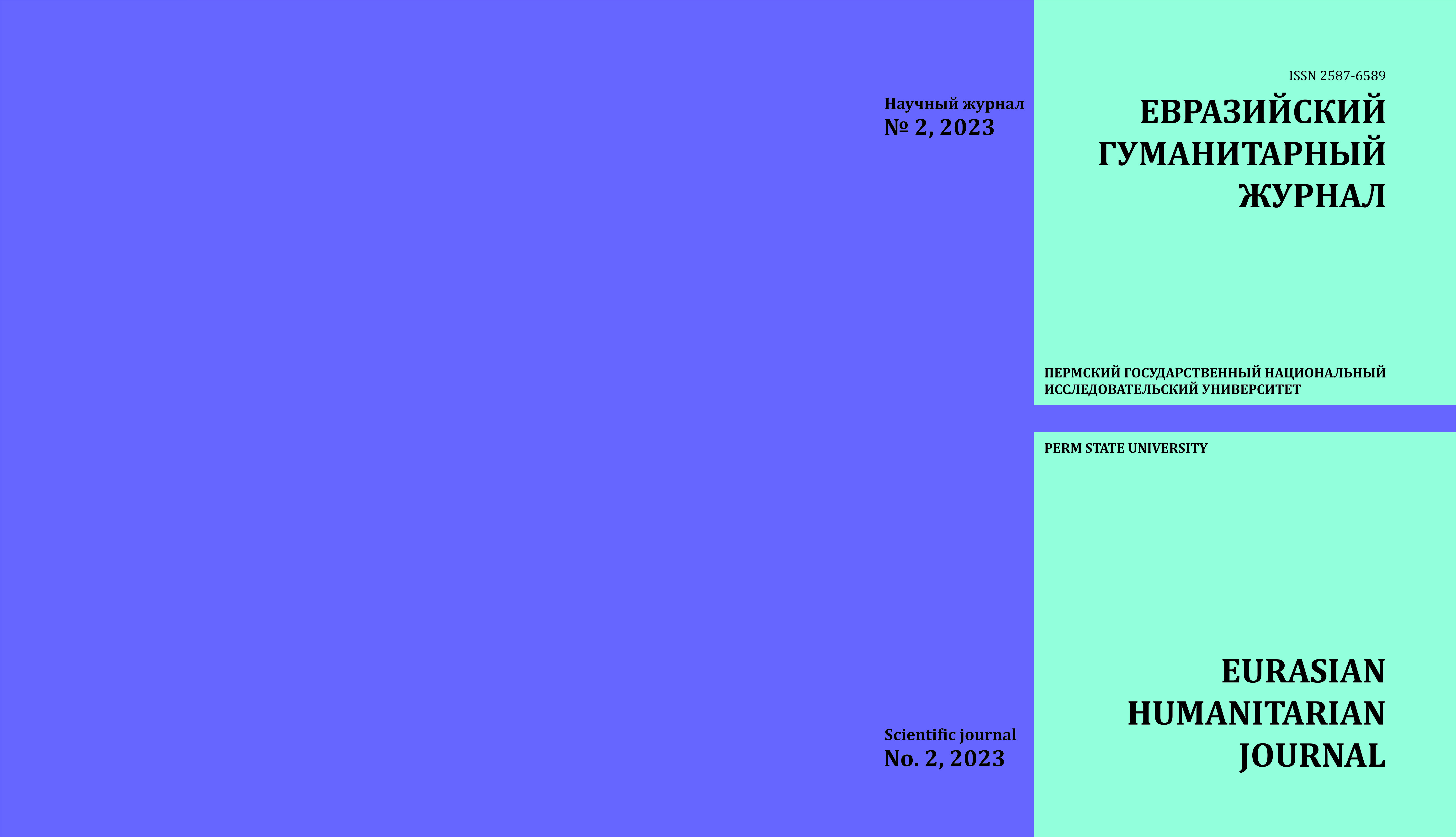ЖЕНЩИНЫ И ЛИНГВИСТИКА: ИСТОРИОГРАФИЧЕСКИЕ ПЕРСПЕКТИВЫ
Ключевые слова:
наука, языкознание, женщины-лингвисты, языковеды, нарративная лингвоисториография, дискурсивная практика, литофонический аспектАннотация
Статья посвящена представлению истории научной деятельности женщин-языковедов. Актуальность темы обусловлена заметно возросшим интересом к научной работе и достижениям женщин в истории различных наук, в том числе в лингвистике, о чем свидетельствует ряд работ, появившихся в последние 20 лет как в отечественной, так и зарубежной научной литературе. Сегодня исследователи этой темы сталкиваются с несколькими проблемами, среди которых фрагментарное представление истории женщин в лингвистике, отсутствие эксплицитного описания их деятельности в историческом контексте. Это затрудняет понимание истории языкознания с точки зрения имманентных законов её развития, а также обусловленности её общественно-историческим контекстом. Представляется, что для решения указанных проблем необходимо использовать иные методы описания лингвистической историографии. В статье подчеркивается преимущество использования нарративного метода лингвоисториографии, позволяющего представить данные, необходимые для формирования мнения о научном наследии и вкладе женщин-лингвистов. Достаточно эффективным методом является использование теории М. Фуко о дискурсивных практиках, применение которых помогает объяснить мотивы поведения и выбор направлений научных исследований женщинами-лингвистами. Данные соображения сопровождаются несколькими примерами, наглядно показывающими отличия традиционного лингвоисториографического представления от описания в духе нарративной лингвоисториографии. Немаловажным аспектом последней является представление факторов, которые не учитываются или крайне редко учитываются при традиционном описании истории лингвистики. Речь идёт о литофоническом аспекте, то есть об упоминании соавторов научного успеха. В статье также приводятся примеры современных научных проектов по истории женщин-языковедов, реализованных в последнее время, что ещё раз подчёркивает актуальность темы. В заключении автор намечает ряд перспектив изучения и описания этого аспекта в общей практике лингвоисториографии.Загрузки
Опубликован
2023-06-30
Выпуск
Раздел
ОБЩЕЕ ЯЗЫКОЗНАНИЕ

